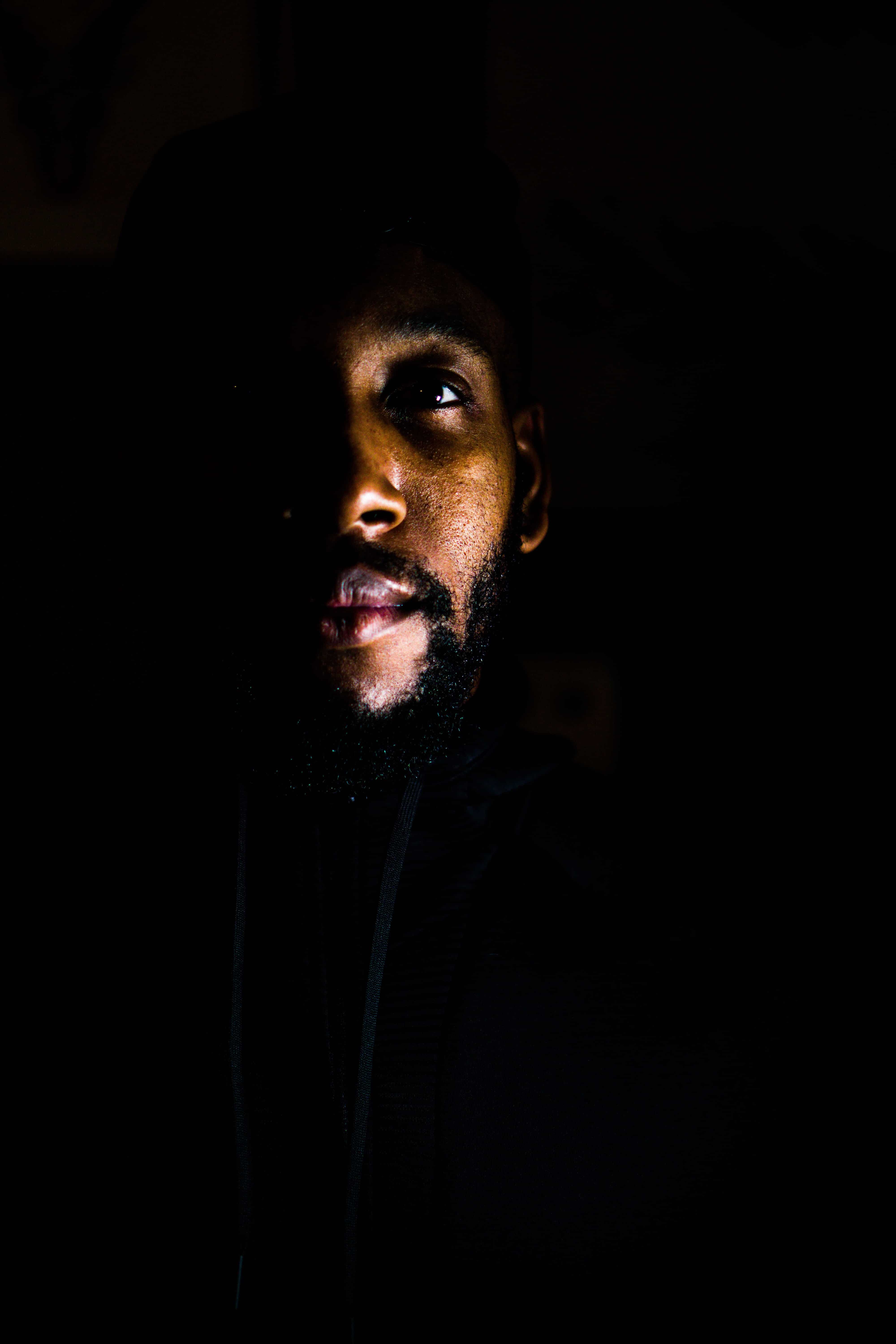
We need to be willing to change.
Change is the essence of life. Those words aren’t mine: they come from American psychiatrist Dr. Gordon Livingston. After listening to people telling him their woes, and his favourite therapeutic question was, “What’s next?” Good question.
What’s next?
I listened have to many painful stories hen I delivered anger management programs in the NSW prison system. But we all have our stories to tell. Everyone has been let down by someone, disappointed by people, or hurt by those we thought were friends. Perhaps you have been put down, or told you you would never amount to much. These things hurt, and they can lurk in the back of our minds and reappear when we feel vulnerable. Anb these painful memories can shape our sense of who we are.
Okay, we all have painful memories but we still need to ask ourselves, “What’s next?” Are we going to stick with these old stories and get stuck in our vulnerable and hurt self? Are we going to get stuck in the past?
The future is in our hands
We can’t change the past, but we can change what we choose to dwell on and what we talk about. We can decide to stop talking about the old hurts and tell new stories about our successes and the positive things we have learnt. And we don’t have to focus on the past. To this extent, the future is in our hands.
First step
Deciding to stop dwelling on old hurts and fears is the first step towards a better future. You are the only person in the world who can let go of your old hurts and open yourself up to something better.
Livingston goes on to say the ‘What’s next?’ question “implies both a willingness to change and the power to do so.” Willingness – we need to be willing to change. To recognise we need to let go and move on. No one else can do that for us.
The “What next?” question also implies the power to change. So, here we come to an important question. Does everyone have the power to change?
I believe everyone has the power to change, but an even more interesting question is this: Does everyone have the same power to change?
Change fitness
Over the past 16 years, I have been studying and researching what’s called ‘change fitness’. Change fitness refers to our power to change – the psychological capacities enabling people to be adaptable, flexible, and good at change. These capacities can be identified, described, measured, and learnt.
What this essentially means is that you can boost your power to change. Think of it like this – if you would struggle to take the stairs to the top of a 20-storey building, what’s the problem? Is it the height of the building, or your lack of fitness? You can’t do anything about the height of the building, but, if you’re committed, you can do something about your fitness.
Are you wondering, “What’s next?” in your life? Are you willing to do something about it? If so, why not find out how to build your change fitness? Remember, it’s only your fitness that will get you to the next level and then on from there. If you don’t build your strength, it’s only a wish.
Written by Dr Steve Barlow